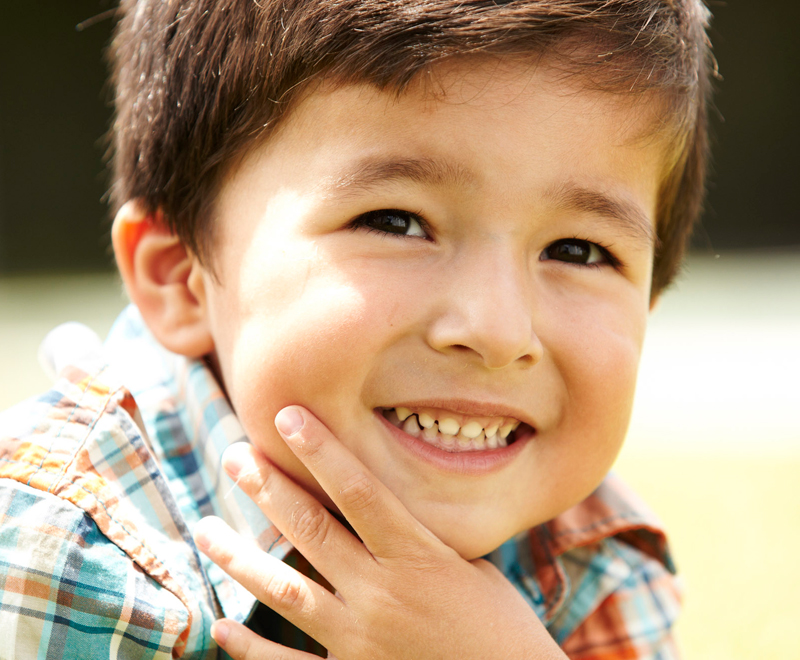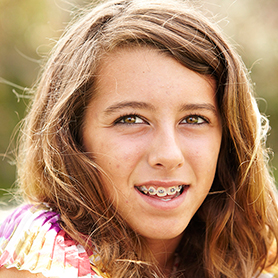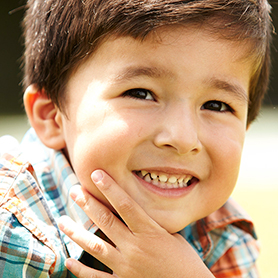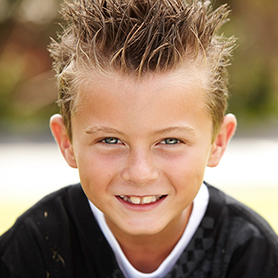Pediatric Dental FAQs
A toothbrush will remove plaque and bacteria that can lead to decay. Any soft-bristled toothbrush with a small head, preferably one designed specifically for infants, should be used at least once a day and for sure at bedtime.
In order to prevent dental problems, your child should see a pediatric dentist when the first tooth appears, or no later than his/her first birthday.
Pediatric dentists are the pediatricians of dentistry. A pediatric dentist has two to three years of specialty training following dental school and limits his/her practice to treating children only. Pediatric dentists are primary and specialty oral care providers for infants and children through adolescence, including those with special healthcare needs.
Primary, or "baby," teeth are important for many reasons. Not only do they help children speak clearly and chew naturally, they also aid in forming a path that permanent teeth can follow when they are ready to erupt.
See a dentist as soon as possible.
Thumb and pacifier sucking habits will generally only become a problem if they go on for a very long period of time. Most children stop these habits on their own, but if they are still sucking their thumbs or fingers past the age of three or four a consultation with your pediatric dentist is indicated.
Avoid putting anything other than water in their bed-time bottle. Also, learn the proper way to brush and floss your child's teeth. Take your child to a pediatric dentist regularly to have his/her teeth and gums checked. The first dental visit should be scheduled by no later than your child's first birthday.
A check-up every six months is recommended in order prevent cavities and other dental problems. However, your pediatric dentist can tell you when and how often your child should visit based on their individual oral health.
Make sure your child has a balanced diet, including one serving each of: fruits and vegetables, breads and cereals, milk and dairy products, and meat fish and eggs. Limiting the servings of sugars and starches will also aid in protecting your child's teeth from decay. You can also ask your pediatric dentist to help you select foods that protect your children's teeth. A balanced diet is key!
Soft plastic mouth guards can be used to protect a child's teeth, lips, cheeks and gums from sports related injuries. A custom-fitted mouth guard developed by a pediatric dentist will protect your child from injuries to the teeth, face and also provide protection from severe injuries to the jaws.
There is very little risk in dental X-rays. Pediatric dentists are especially careful to limit the amount of radiation to which children are exposed. Lead aprons and high-speed film are used to ensure safety and minimize the amount of radiation. With our digital x-ray technology used in our office now, we have further minimized radiation to the head and neck of all patients.
By the time your child reaches 9-10 years old, many adult teeth may be present and an adult toothbrush/toothpaste can be used. Any soft-bristled toothbrush should be used two times a day for two minutes, especially before bedtime.

Share Your Experience with Us
See our practice through the eyes of our patients! Share your experiences with
Pediatric Dental Specialists using the hashtag #PDSLongBeach


























